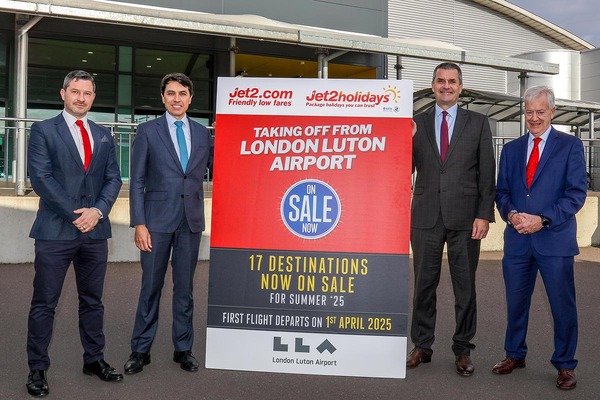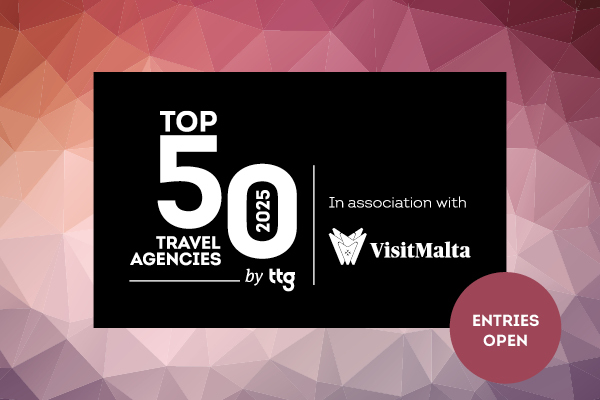Travel firms respond to Which? accusations
 Jennifer Morris
Jennifer MorrisTravel companies have responded to a report by Which? that claims they are sometimes misleading customers with their sales.
The Times reports that Trading Standards has been asked to investigate after brands including Sandals and Virgin Holidays lowered the price of holidays the day after their sales ended.
Which? tracked dozens of promotions over the summer and found that supposedly discounted deals were subsequently available for the same price or less in more than half of cases.
Virgin Holidays, for example, offered a seven-night stay at Coco Key Hotel, Florida, from £792 per person as part of its “summer sale”. Yet the day after the sale ended the price dropped to £677 per person.
Sandals offered a seven-night, all-inclusive break to Jamaica at £1,465 a person in its “Summer 2018 Mega Sale” but the price fell by £50 a head the day after the sale ended.
The consumer group said that travel agents could be in breach of unfair trading regulations if they were shown to be misleading customers. Ultimately they could be fined if they are found guilty in court, the Times reports.
Which? said that many firms used countdown clocks and exploited the “scarcity principle” by suggesting that there were only a limited number of places left.
Rory Boland, travel editor at Which?, said: “Most of the time-limited deals we looked at are nothing of the sort. The tight deadlines, emotive language and countdown clocks are all designed to rush us into making a decision, but it might not be the right one.”
A spokesman for Unique Caribbean Holidays, the UK tour operator for Sandals Resorts, said that it did not intentionally pressure-sell or create false book-by dates, and that all of its holidays were fairly promoted.
The company said in a statement: "All of the Sandals and Beaches Resorts’ fully-protected packages, with all taxes and surcharges in the advertised price, are fairly promoted to the customer.
"All of our ‘cost-plus’ pricing is dependent upon the rates of the airfares and accommodation that is provided to us as a tour operator. Other factors that impact rates fluctuating are exchange rates and air tax which can change daily.
“For example, when we have Flash Sales such as “£100 off per booking” we have a specific date which normally ties in with an air offer expiry date. When we have extended a flash sale it is normally when an airline has extended a special air offer. If we didn’t promote these savings then we would be at a disadvantage within the marketplace.”
Virgin Holidays said that it would never intentionally advertise anything misleading. It added: “We’re always looking to secure the best possible value for our customers — and should we be able to obtain better offers from our suppliers, these savings will be passed on to benefit the customer.
“The travel industry has multiple pricing components that can move up and down based on a number of factors - including hoteliers changing room rates, scheduled flight prices fluctuating, and swings in foreign exchange rates. Any combination of these can unintentionally result in prices being available for longer than expected at the time of deals being promoted.”
A spokesperson for Kuoni said: “It’s always our intention to present our prices clearly and transparently. It’s never our intention to mislead customers, so we take these findings extremely seriously.
“Holiday prices are dynamic and flight and hotel prices subject to change according to global demand, so we’re constantly reviewing pricing so we remain competitive and in a position to pass the best offers on to our UK customers.
“The examples illustrated in the research were alongside a Caribbean sale, which we have looked into. These offers should have been promoted as special offers rather than a sale and we have ensured processes are in place to clarify this going forward.”
Louise Newton, group head of marketing for Inghams’ parent company Hotelplan UK, said: “With regards to the Which? article mentioning our specialist brand Inghams Italy, we would reassure our agent partners that the error on the webpage was removed after a short time.
“Agents can rely on our pricing, as a tour operator of many years’ standing. We always seek to provide clear and accurate pricing for all our programmes.”
Online travel agency lastminute.com, which also featured in the Which? report, said the variable cost of flights within its dynamic-packaging options could cause a price difference.
“We are therefore not able to comment on the samples provided, as we don’t know if the flights chosen were exactly the same as those originally quoted,” said the OTA in a statement.
“We do aim however to comply with any advertising regulations in the UK and it is not, and never has been, our intention to mislead our customers. Customers are at the heart of our business and our focus is to offer our customers the best value travel deals at all times.”
In October the Competition and Markets Authority started an investigation into hotel booking websites saying that it was concerned about the “clarity and accuracy” of some of their claims.
The watchdog, which has taken responsibility from the Office of Fair Trading to investigate unfair terms, said that it would examine whether their pressure-selling claims were true and whether their discount claims complied with consumer law.
Sign up for weekday travel news and analysis straight to your inbox

Jennifer Morris
Supplier Directory
Find contacts for 260+ travel suppliers. Type name, company or destination.














